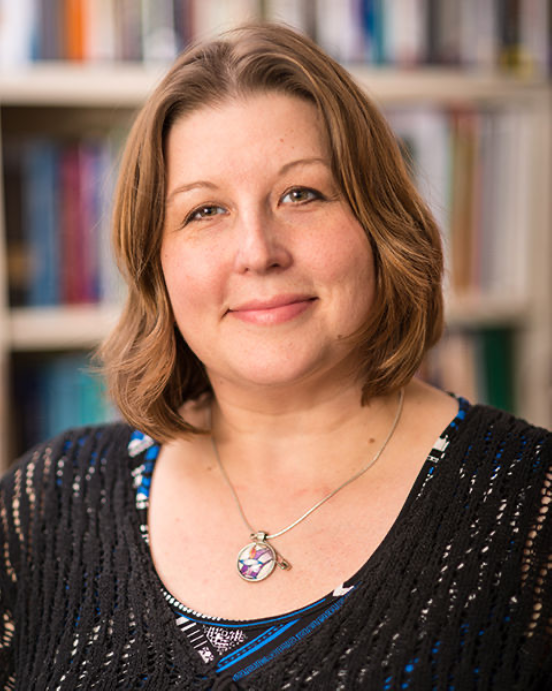What is the meaning of life? How do we grapple with the ills connected with the human condition? What constitutes moral living and social justice, and how can these be achieved in our world today?
These are just a few of the challenging topics the humanities and social sciences are uniquely suited to answer. Studying the humanities and social sciences helps us better understand who we are, how we can create a better world for ourselves and our children, and how we can make a lasting and positive impact on our world.
As we move into a “post-COVID” world, beliefs and perspectives have changed. Workers are seeking jobs that fulfill a purpose; emphasize diversity, equity, and inclusion; and value employee input. Consideration of worker mental health and a focus on creative solutions to problems describe the evolving job market. The skill set inherent in humanities and social sciences—effective communication, critical thinking, adaptability, emotional intelligence, and cultural understanding—is now sought-after and makes our graduates exceptionally well-prepared to the new world of work.
This is especially true, given the rapidly growing impact of generative artificial intelligence (AI) across all parts of our lives. It is vital that conversations continue about the ethics of AI, including issues of validity, privacy, plagiarism, and transparency; the social and cultural risks of AI, such as human rights aspects and potential acceleration of social inequities; the problems related to misinformation and misrepresentation of historical knowledge through AI-generated responses; and the impact of culture and language on AI output.
Our disciplines have an essential role in shaping the forthcoming landscape, and I know our graduates will be up to the task.
Dr. Melanie D. Hetzel-Riggin
